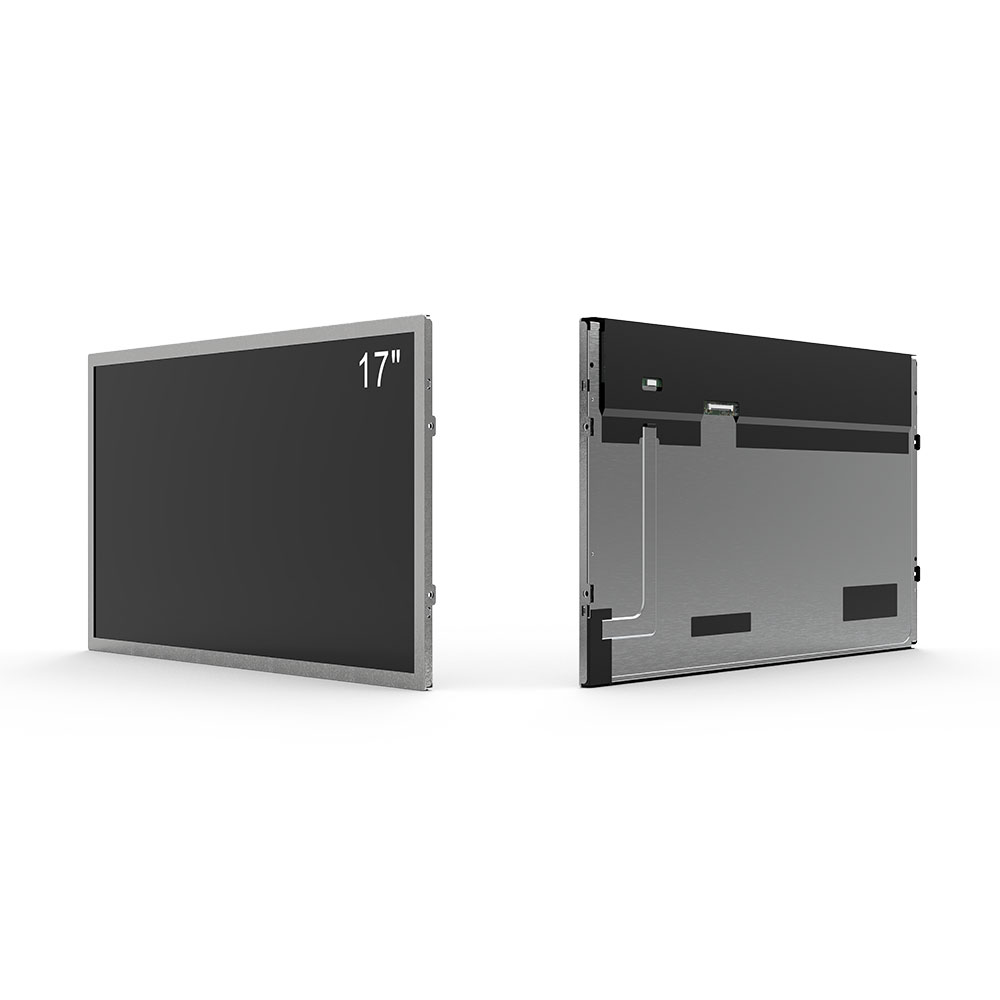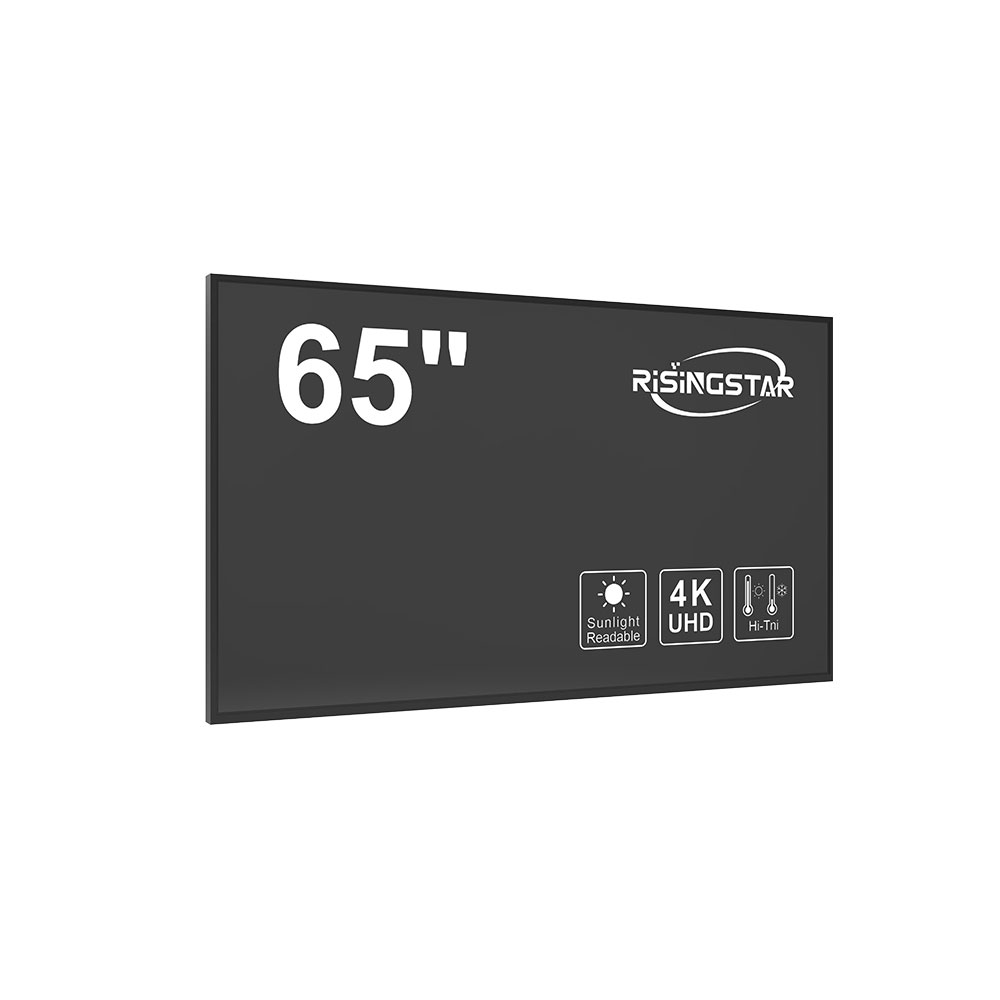
Privacy statement: Your privacy is very important to Us. Our company promises not to disclose your personal information to any external company without your explicit permission.
When selecting an outdoor LCD display for commercial or industrial applications, several critical factors must be considered to ensure optimal performance, durability, and return on investment. Unlike indoor displays, outdoor screens are exposed to harsh environmental conditions such as direct sunlight, extreme temperatures, humidity, and physical impacts. Therefore, choosing the right model requires a clear understanding of brightness requirements, viewing angles, weatherproofing standards, and power efficiency.
First, brightness is paramount—outdoor LCDs should ideally have a minimum luminance of 5,000 nits to remain visible under direct sunlight. Higher-end models can exceed 7,000 nits, which is essential for high-visibility locations like retail facades or transportation hubs. Additionally, dynamic brightness control systems help reduce energy consumption while maintaining visibility throughout the day.
Second, consider the display’s IP rating. An IP65 or higher rating ensures protection against dust and water jets, making it suitable for permanent outdoor installations. For regions with heavy snowfall or frequent rain, IP68-rated enclosures provide superior sealing against moisture ingress.
Third, panel technology matters. LED-backlit LCDs offer better contrast and uniformity than older CCFL models, especially in bright environments. For ultra-high-brightness applications, consider using a direct-view LED screen instead of LCD, though these may come at a higher cost.

Fourth, evaluate the viewing angle. A wide viewing angle (typically ≥170° horizontal and vertical) ensures consistent image quality from multiple perspectives—crucial for pedestrian-facing digital signage in urban settings.
Finally, assess long-term maintenance needs. Look for modular designs that allow easy component replacement, such as LED modules or power supplies. Remote diagnostics via network connectivity can also minimize downtime and service costs.

By aligning your display choice with these technical benchmarks and application-specific demands, you can maximize uptime, visual impact, and brand presence in any outdoor environment.
Email to this supplier

Privacy statement: Your privacy is very important to Us. Our company promises not to disclose your personal information to any external company without your explicit permission.